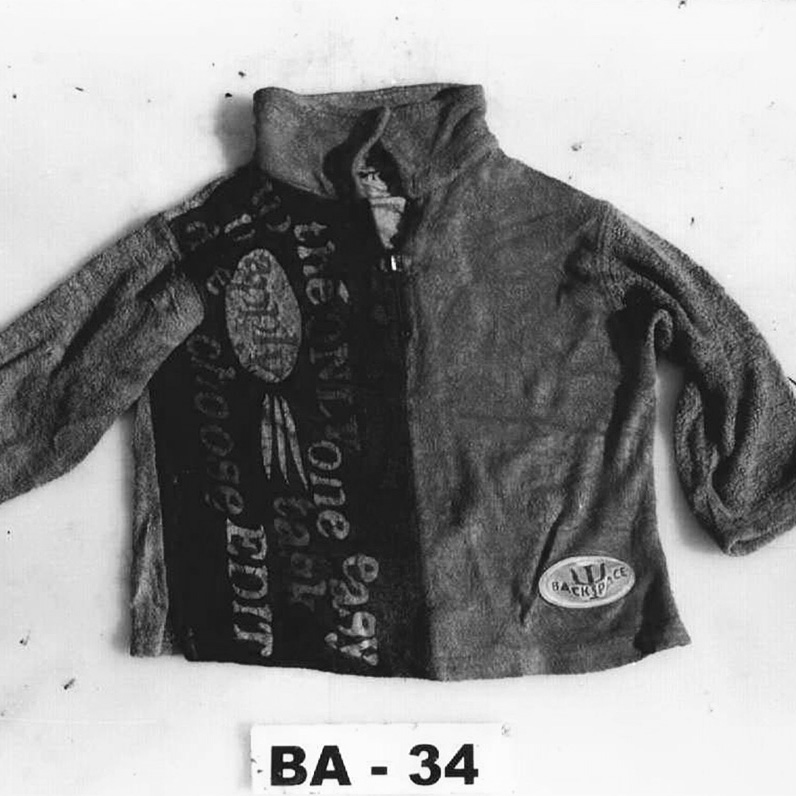The interactive map of places where crimes took place gives insight into how widespread and systematic the crimes were on the territory of Serbia.
The knowledge database of ratusrbiji.rs consists of analyses that cover the six different forms of grave human rights breaches in Serbia – secret mass graves, concentration camps, terror and minority persecution, forced mobilization, paramilitary unit crimes and human rights breaches during the revolt in the south of Serbia.
The analyses are conducted with the use of documents, court-determined facts, articles and publications.
The testimonies of victims’ families, witnesses and survivors have been removed from the public discourse, and former war-mongers and war criminals’ are louder in their attempts to radicalize the lack of memory culture and to deny crimes.
This is why we have created a dedicated segment of the platform ratusrbiji.rs to represent the testimonies of the victims of war crimes.

An object exhumated from a mass grave
The outcome of the armed conflict in the former SFR Yugoslavia, between 1991 do 2001, is the violent death of 130 000 persons. Over 10 000 are still classified as missing. Serbia’s officials and institutions have, from the beginning of the armed conflict to this day, with very few exceptions, denied the involvement of the SFR and Serbian armed forces in the conflicts in Croatia and Bosnia and Herzegovina. They have also denied the existence of any war crimes on the territory of Serbia in relation to these armed conflicts.
As an antithesis to the practice of forgetting the atrocities of war, the platform ratusrbiji.rs strives to inform and educate about the existence of secret mass graves, concentration camps and torture, murders and persecution of minorities, forced mobilization, paramilitary units’ crimes, as well as the human rights breaches in the Presevo valley between 1991 to 2001. The platform does this through connecting court-determined facts, official data of state and international institutions, testimonies of witnesses, survivors and victims’ families, as well as public information gathered by civil society organizations in Serbia.
The platform ratusrbiji.rs was supported by the Ministry of Foreign Affairs of the Federal Republic of Germany. The content and opinions featured on the ratusrbiji.rs website are those of the Youth Initiative for Human Rights, and may not reflect the official stance of the Ministry for Foreign Affairs of the Federal Republic of Germany.


